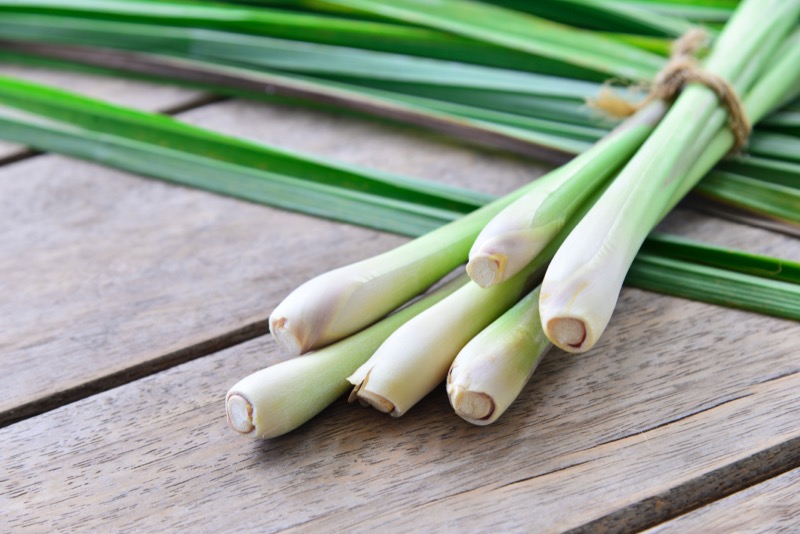Our Boxes
| Vegetables
| Fruit
| Salad
| Drinks
| Meats
| Fish
| Dairy
| Cheese
Bakery | Herbs | Other Bits | Snacks | Seasonings | Oils
Bakery | Herbs | Other Bits | Snacks | Seasonings | Oils
Lemongrass

Cymbopogon, better known as lemongrass, is a genus of Asian, African, Australian, and tropical island plants in the grass family. Some species are commonly cultivated as culinary and medicinal herbs because of their scent, resembling that of lemons. Common names include lemon grass, barbed wire grass, silky heads, citronella grass, cha de Dartigalongue, fever grass, tanglad, hierba Luisa, or gavati chahapati, amongst many others.
Nutrition:
Lemongrass Nutrition: Facts. Lemongrass contains antioxidants, flavonoids and phenolic compounds such as luteolin, glycosides, quercetin, kaempferol, elemicin, catechol, chlorogenic acid, and caffeic acid, all of which help in providing an impressive range of medicinal aids.
Storage:
To store fresh lemon grass: Wrap in a damp paper towel and place in a plastic bag in the refrigerator. To freeze fresh lemon grass: (1) Wash, trim and chop the lemon grass; (2) Allow to dry thoroughly; (3) Once dry, place in heavy-duty freezer bags or freeze in ice cube trays with a small amount of water, then transfer to freezer bags.
Source:
Lemon grass originated from Sri Lanka and South India but currently it is widely grown and cultivated in tropical regions of America and Asia. This grass also forms an alternative medicine to different conditions. Lemon grass oil is used as a culinary flavouring, medicine and a scent.


